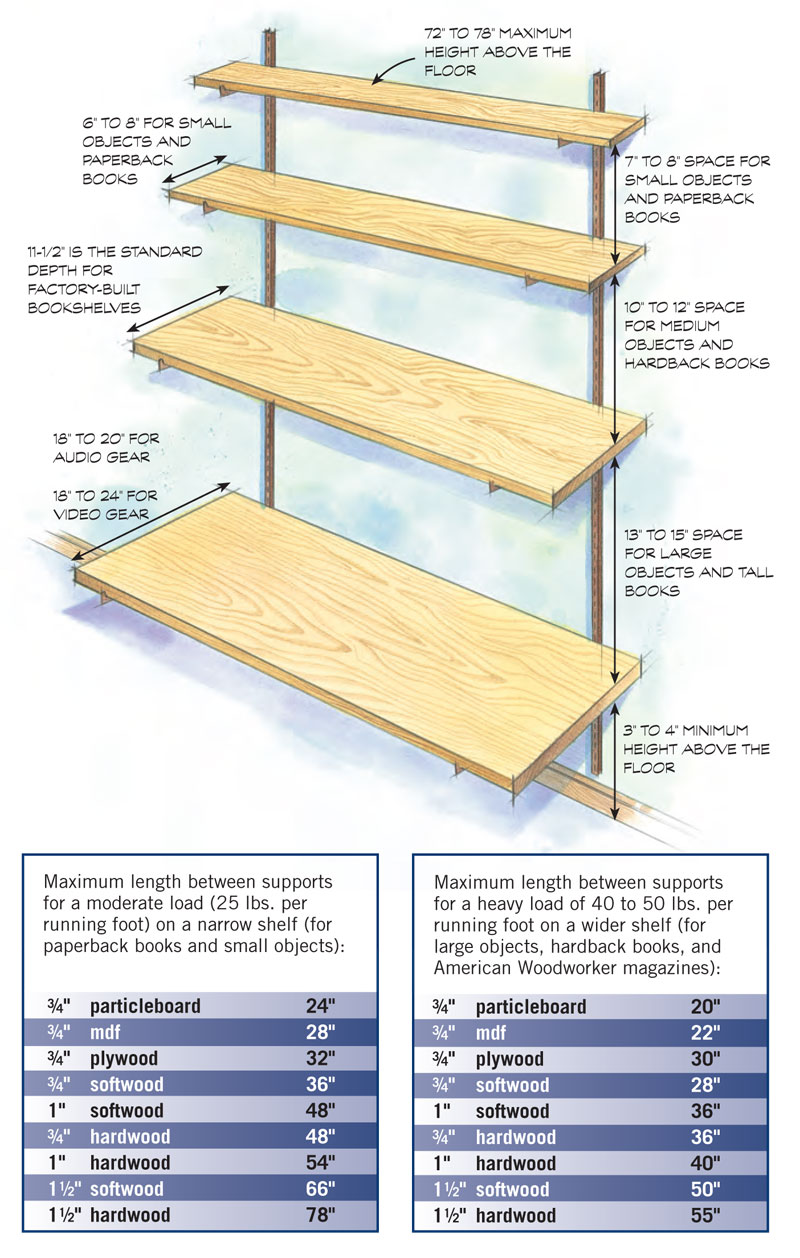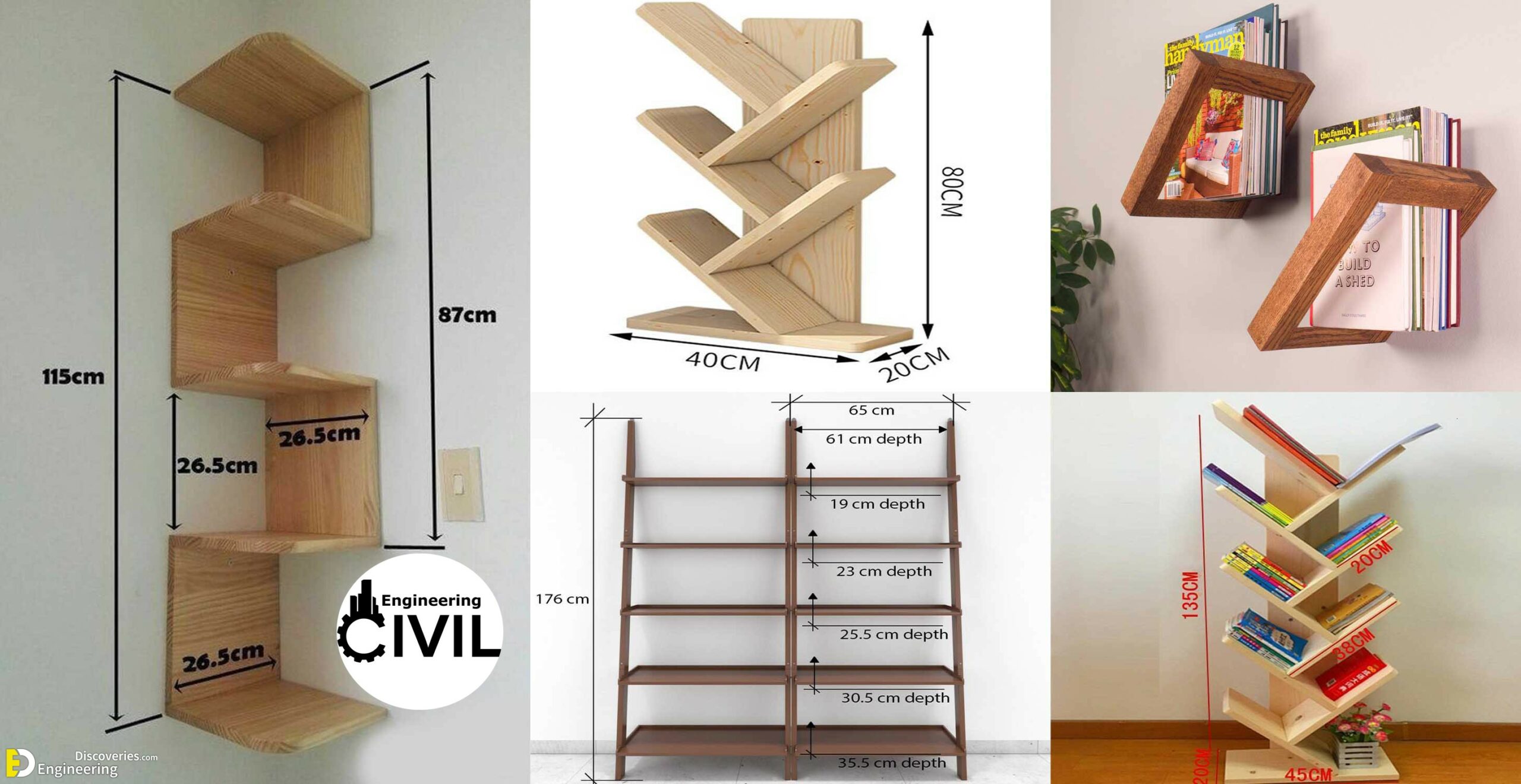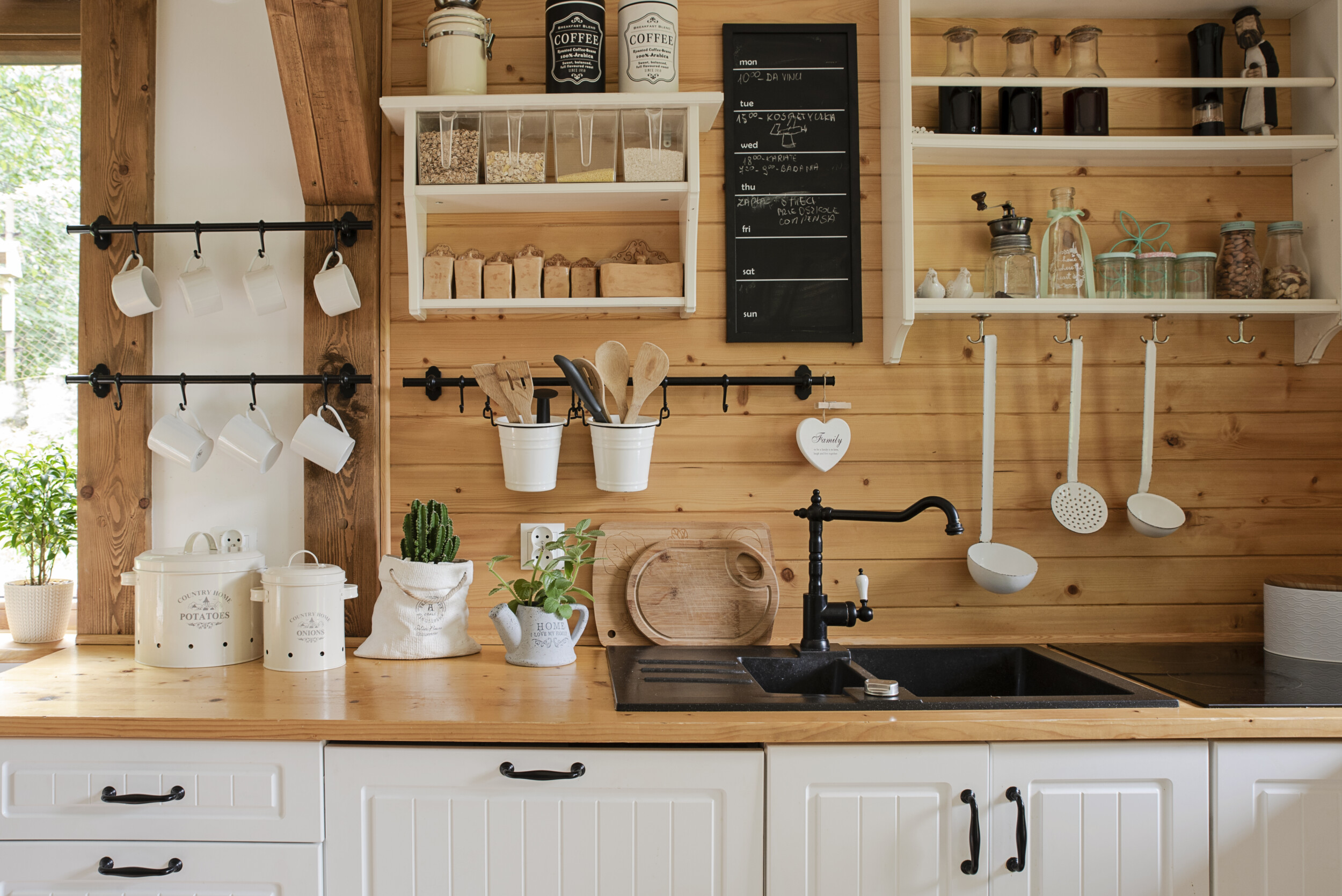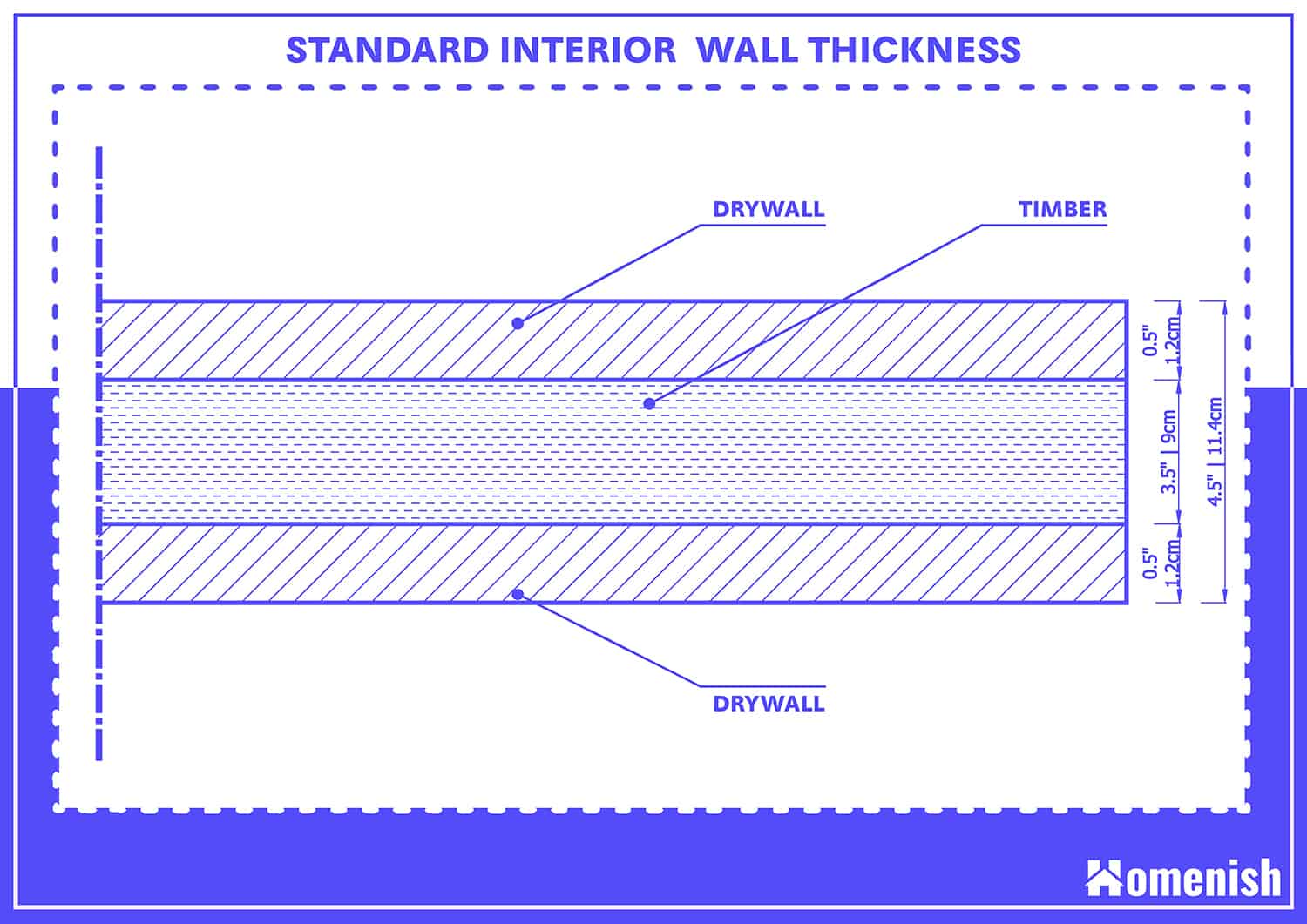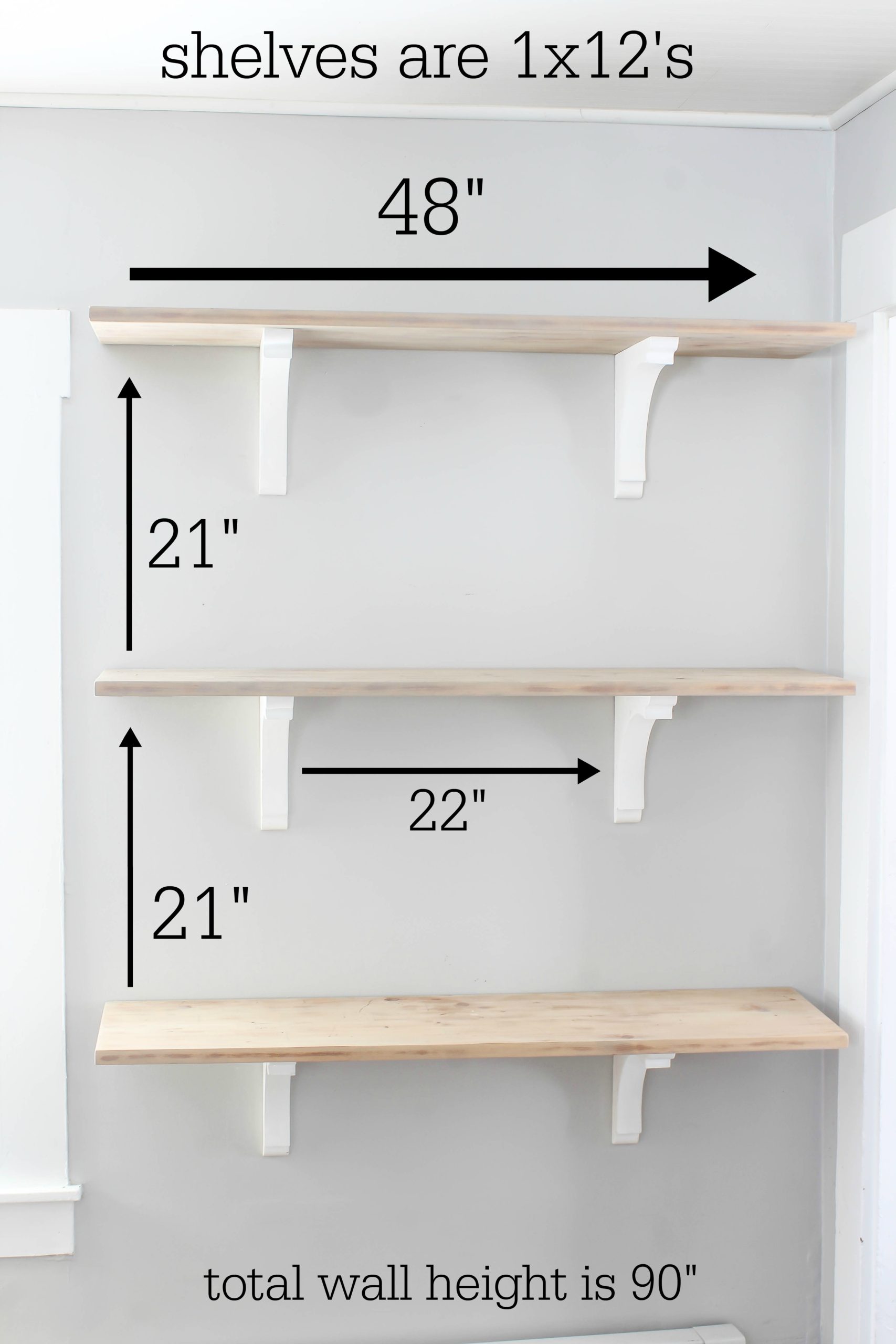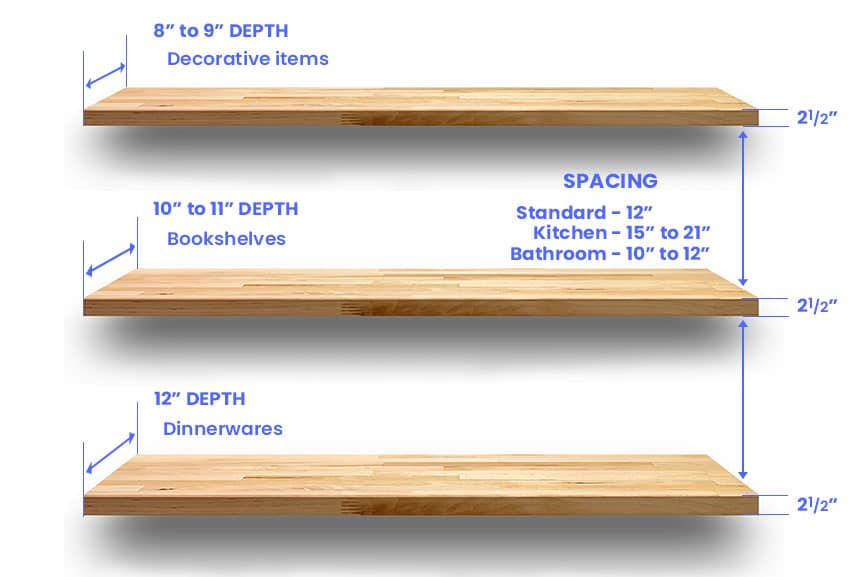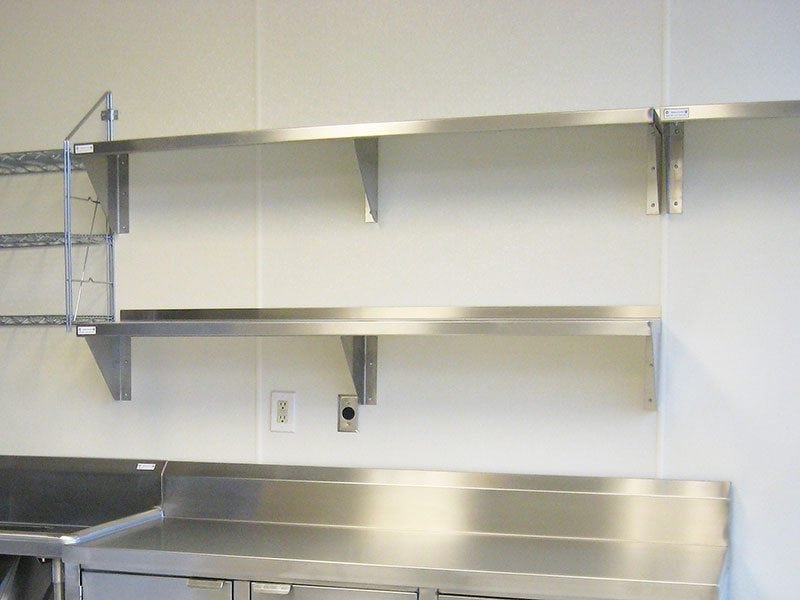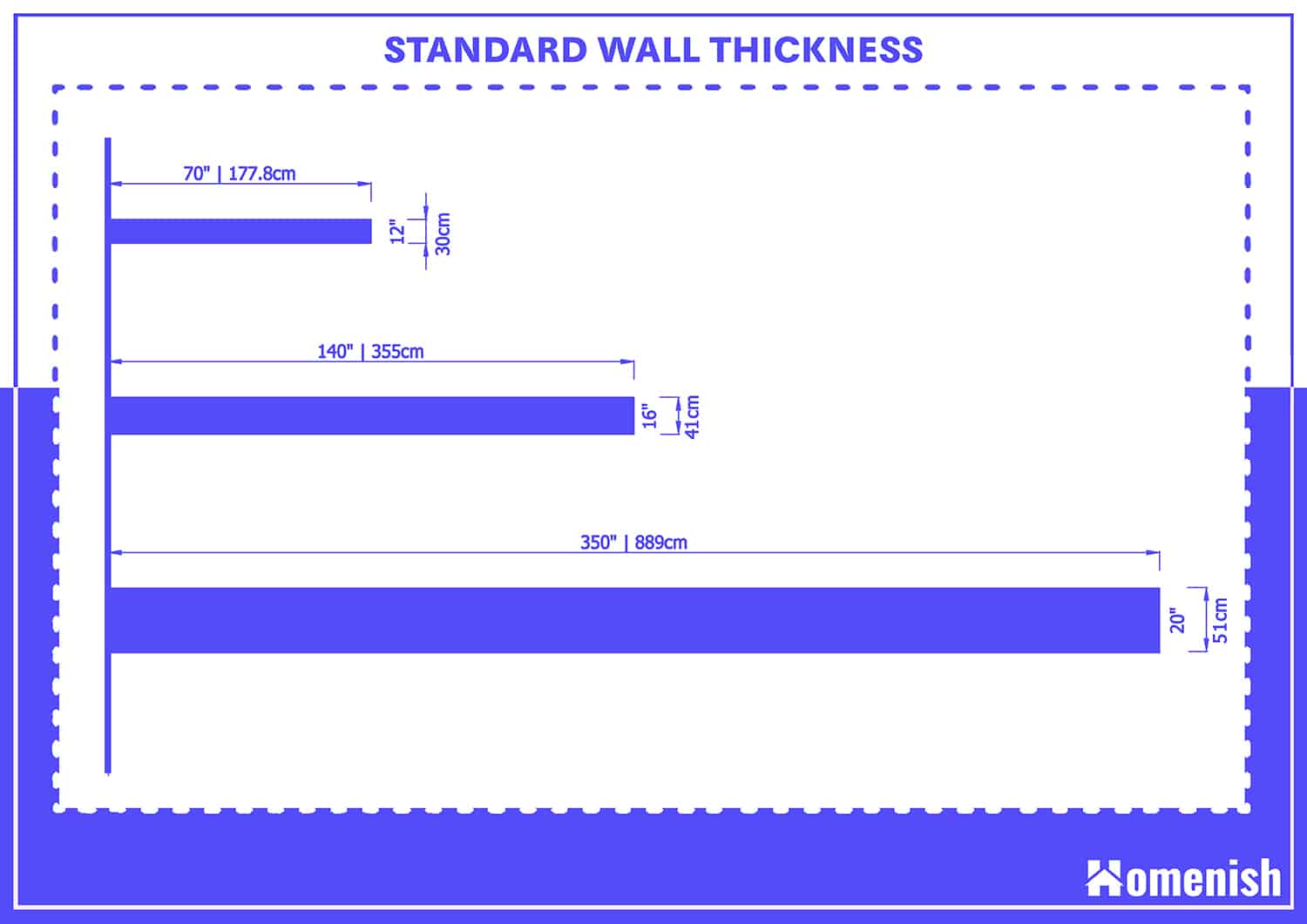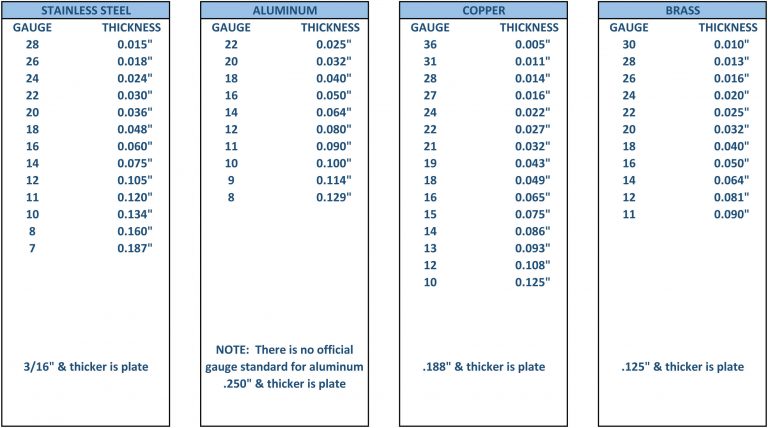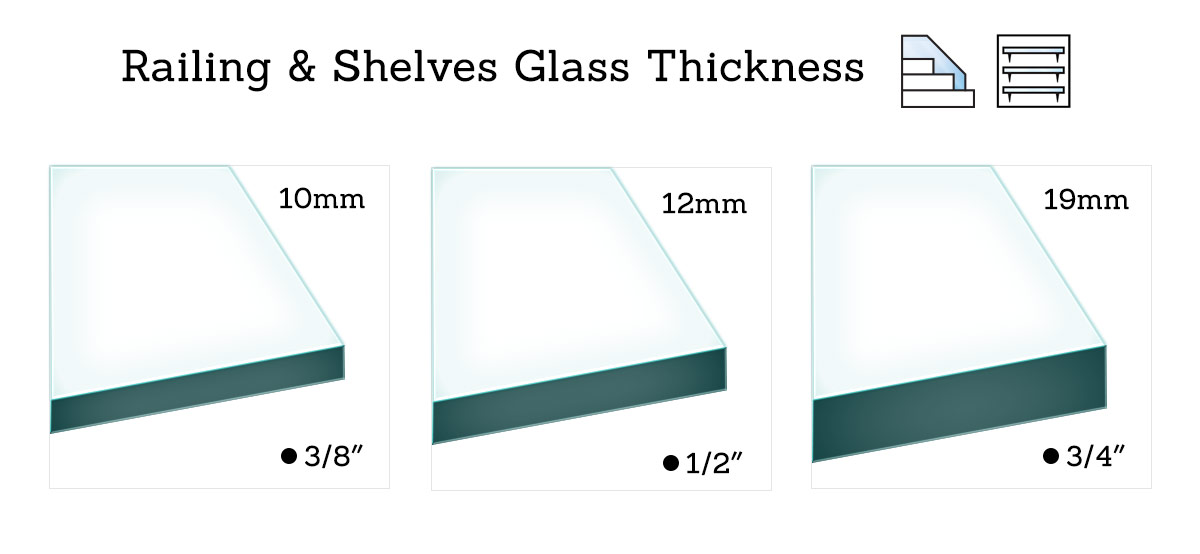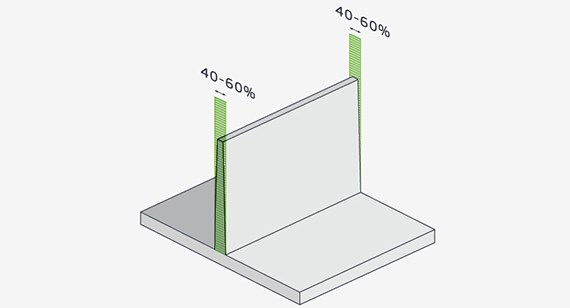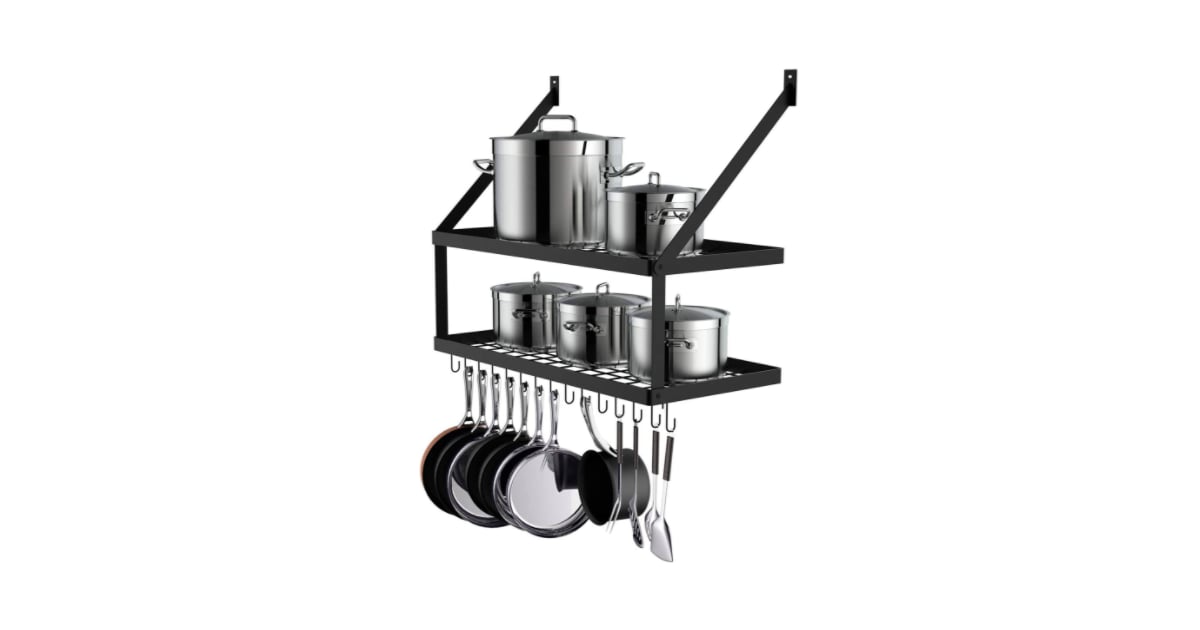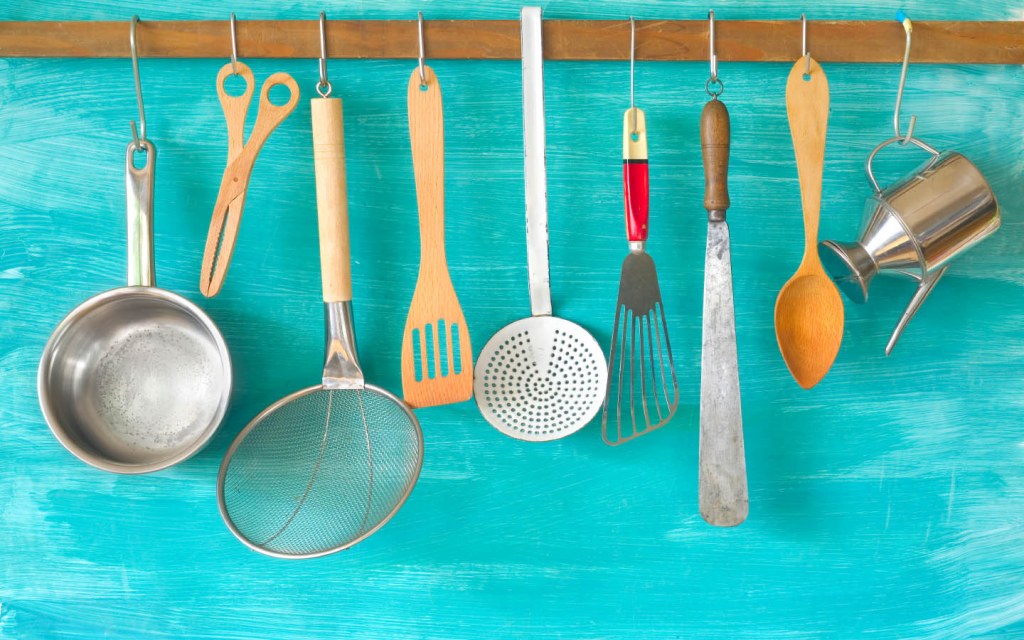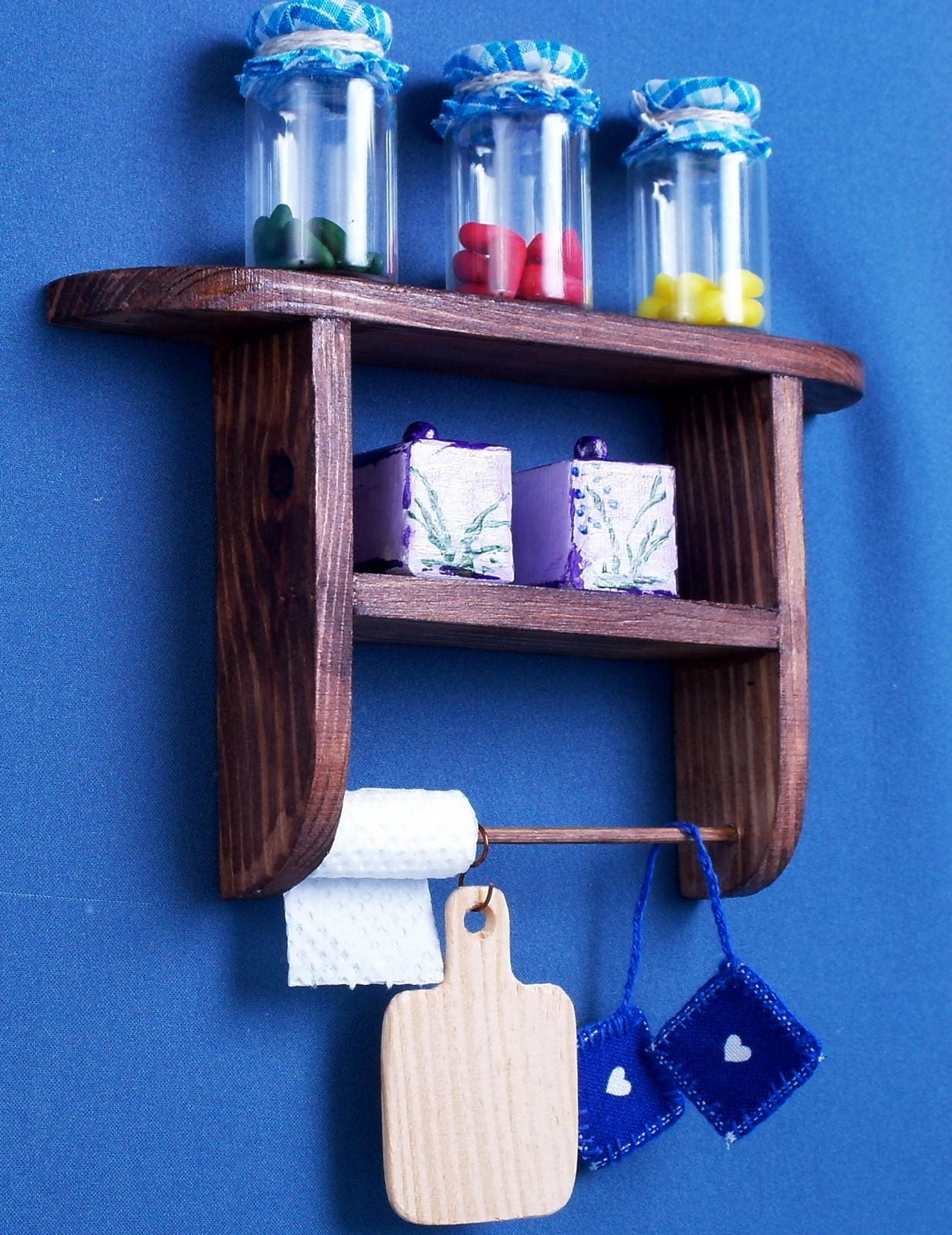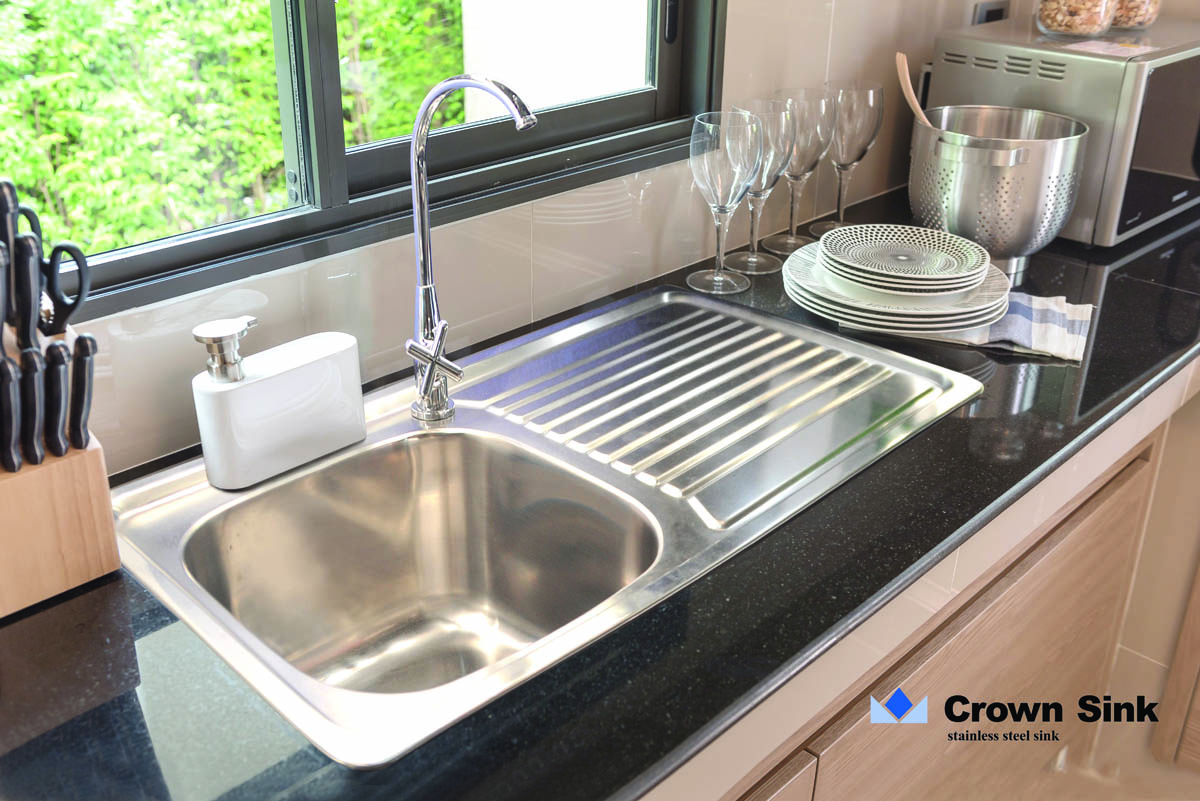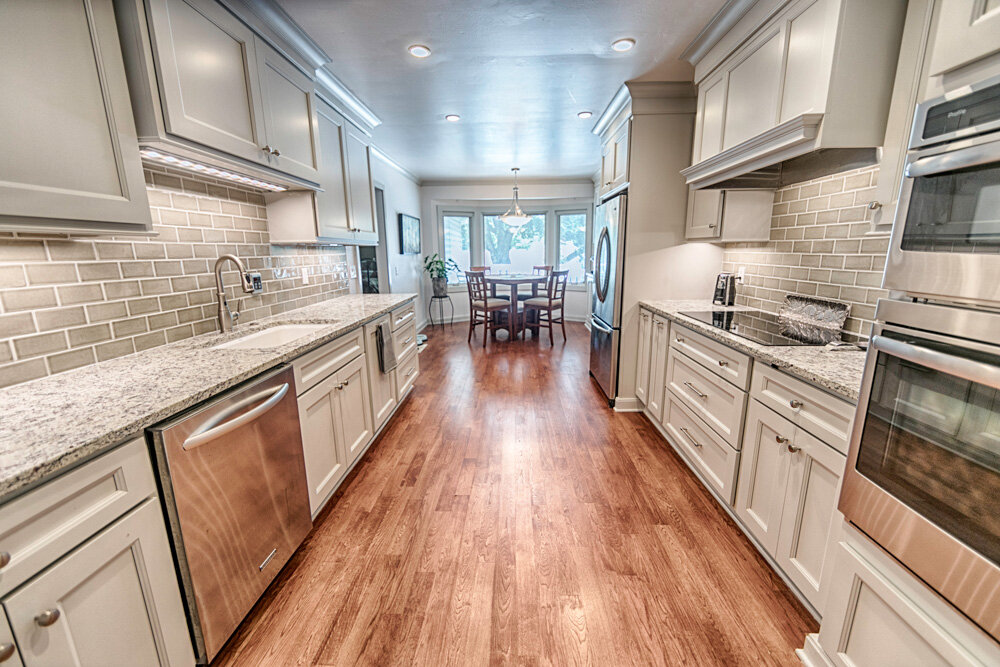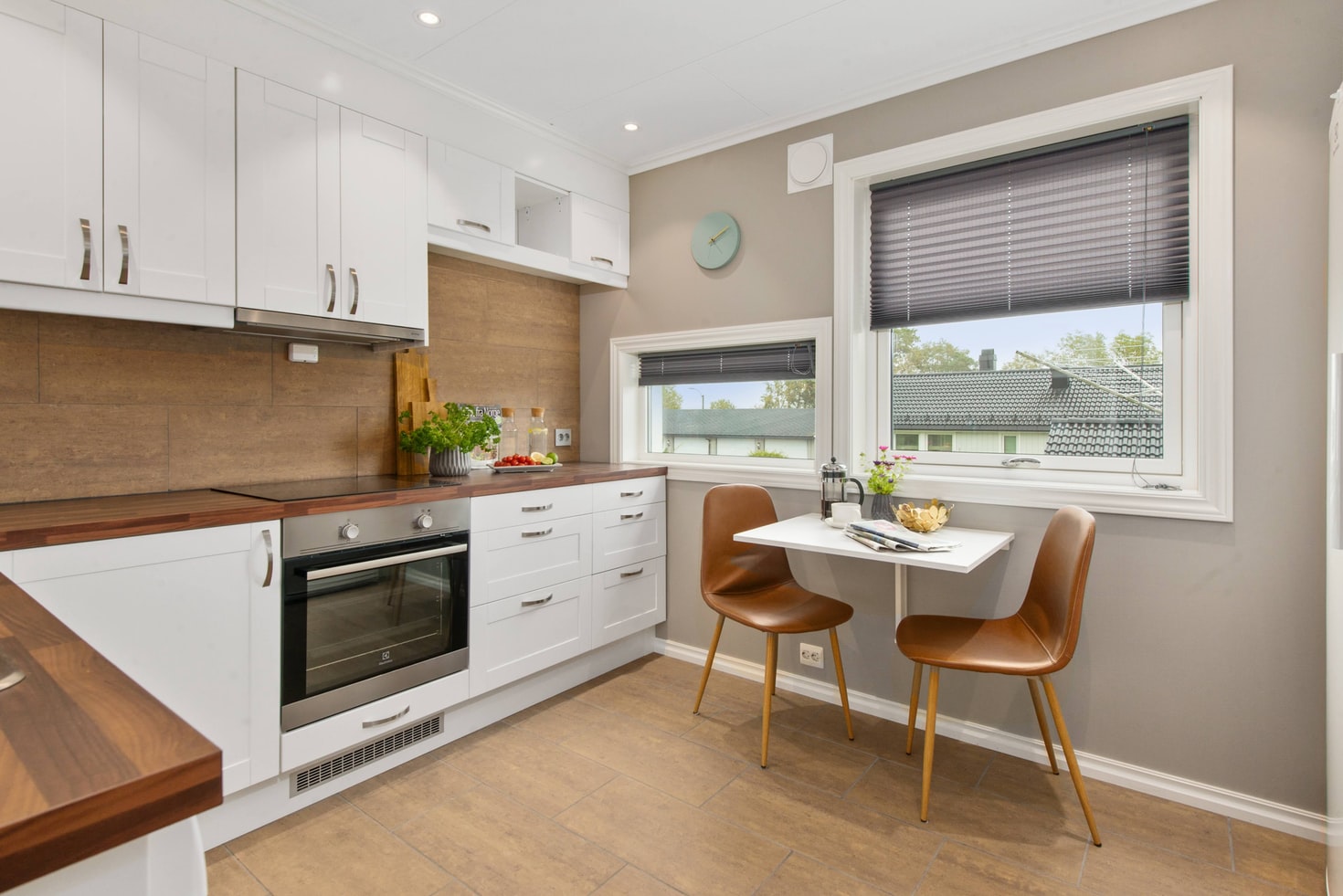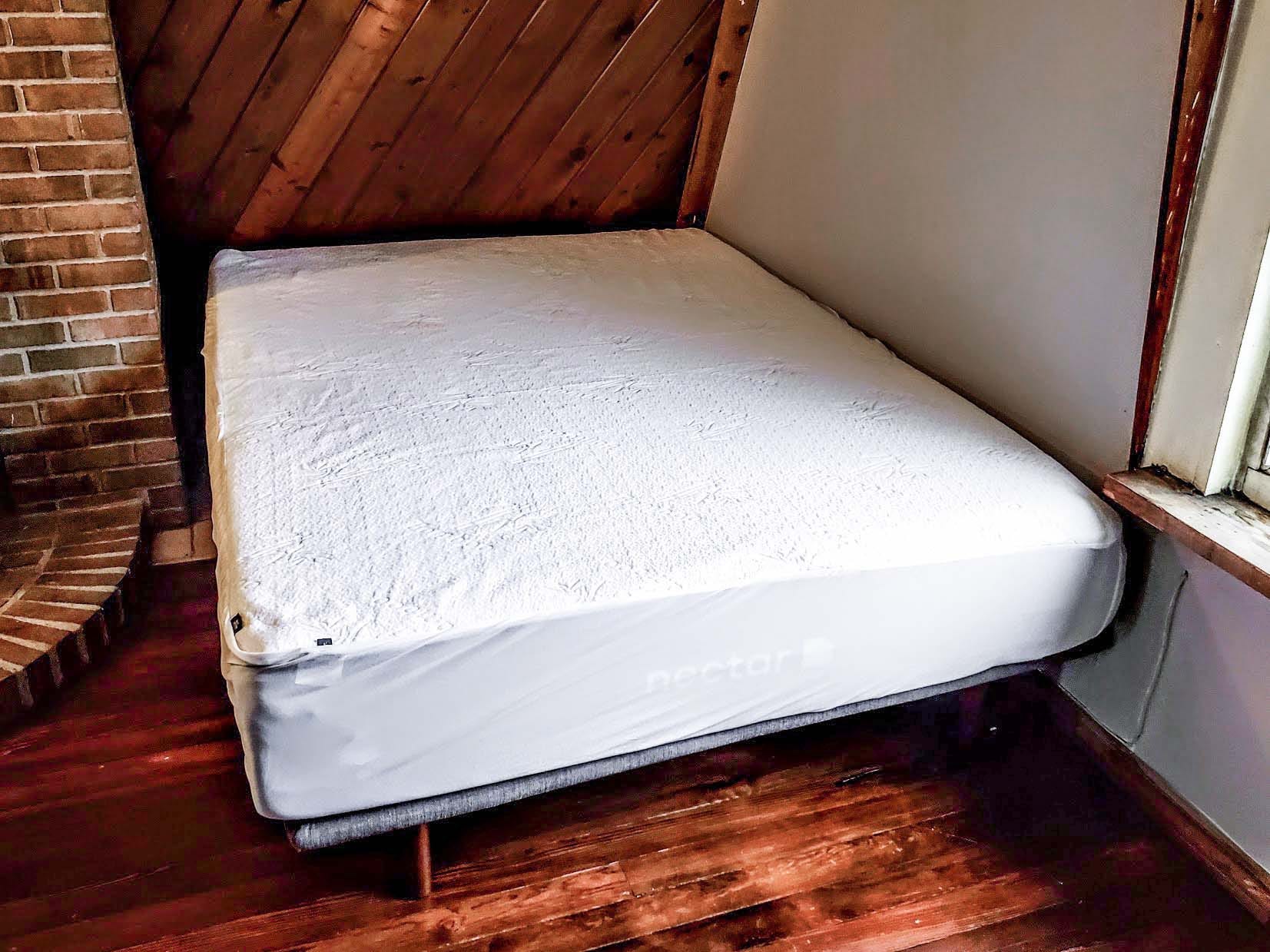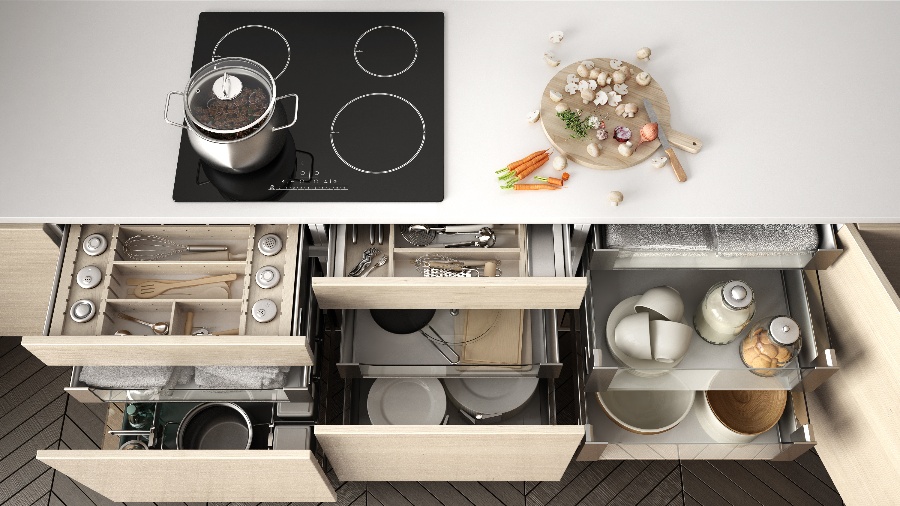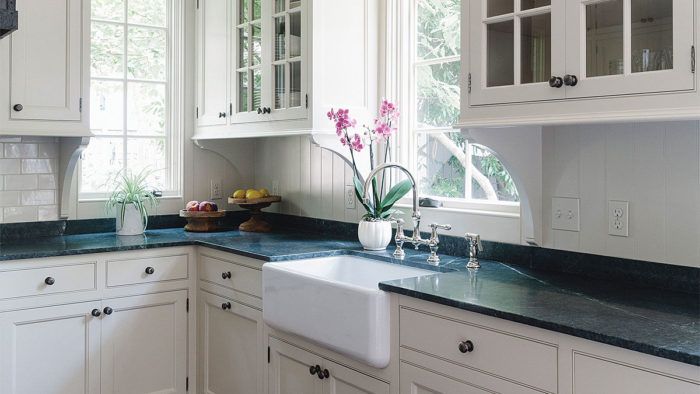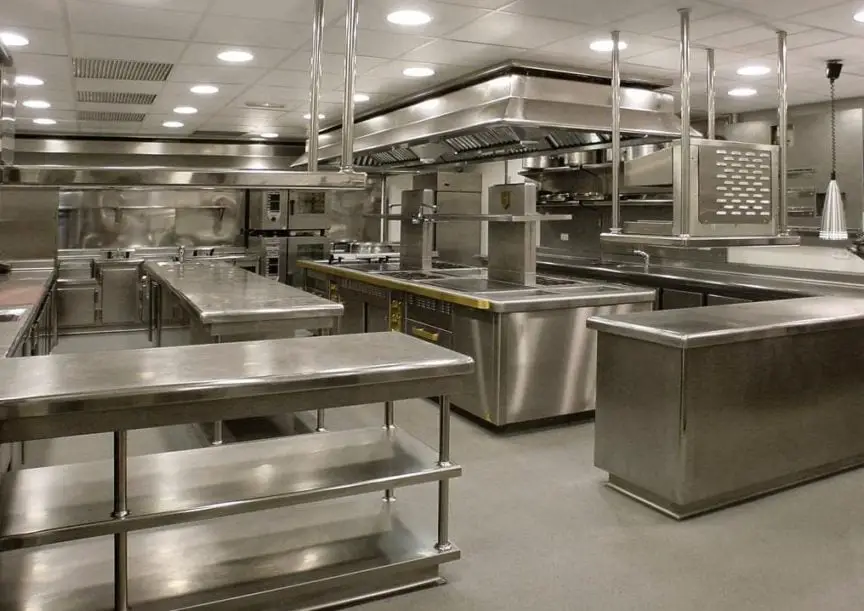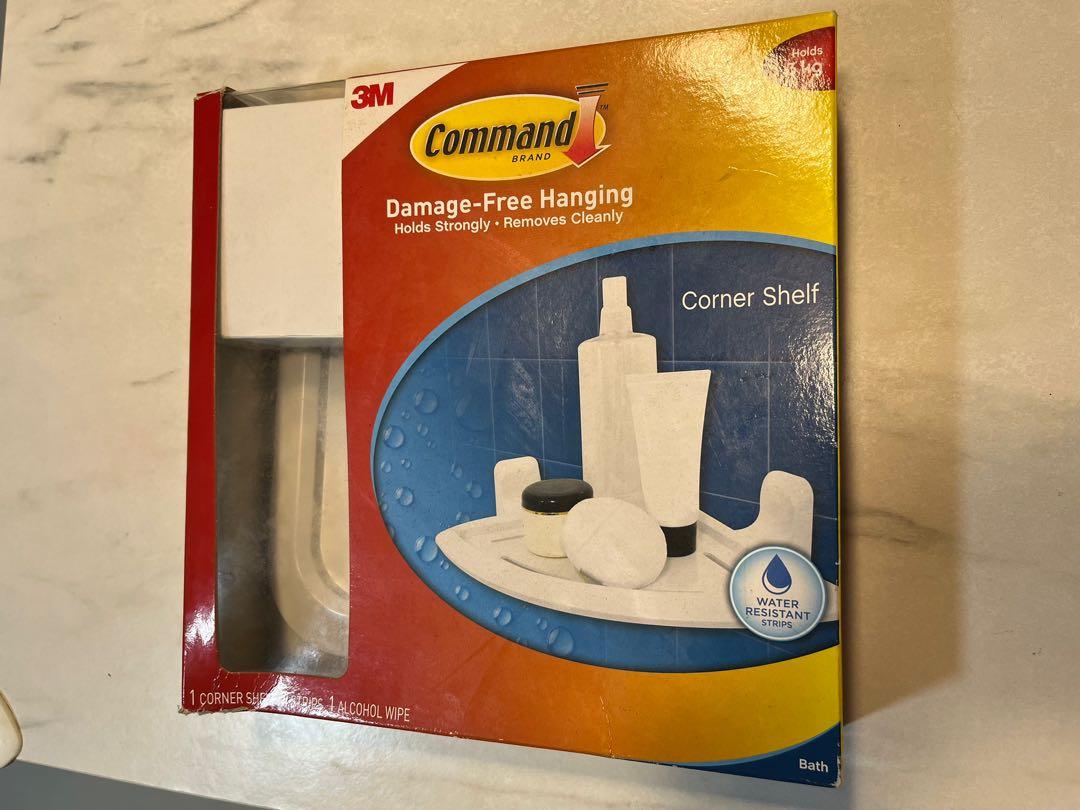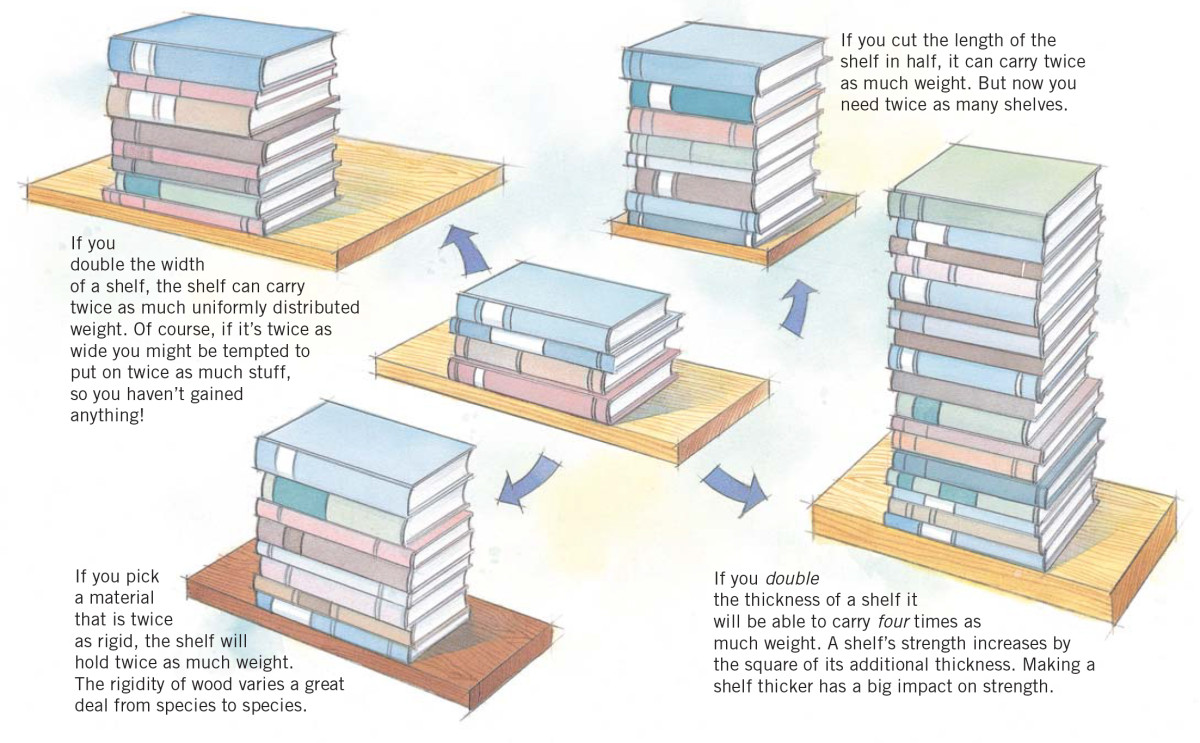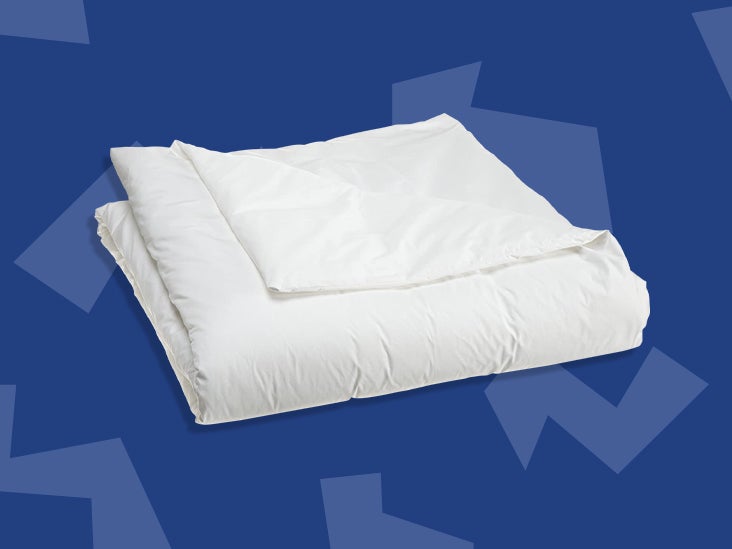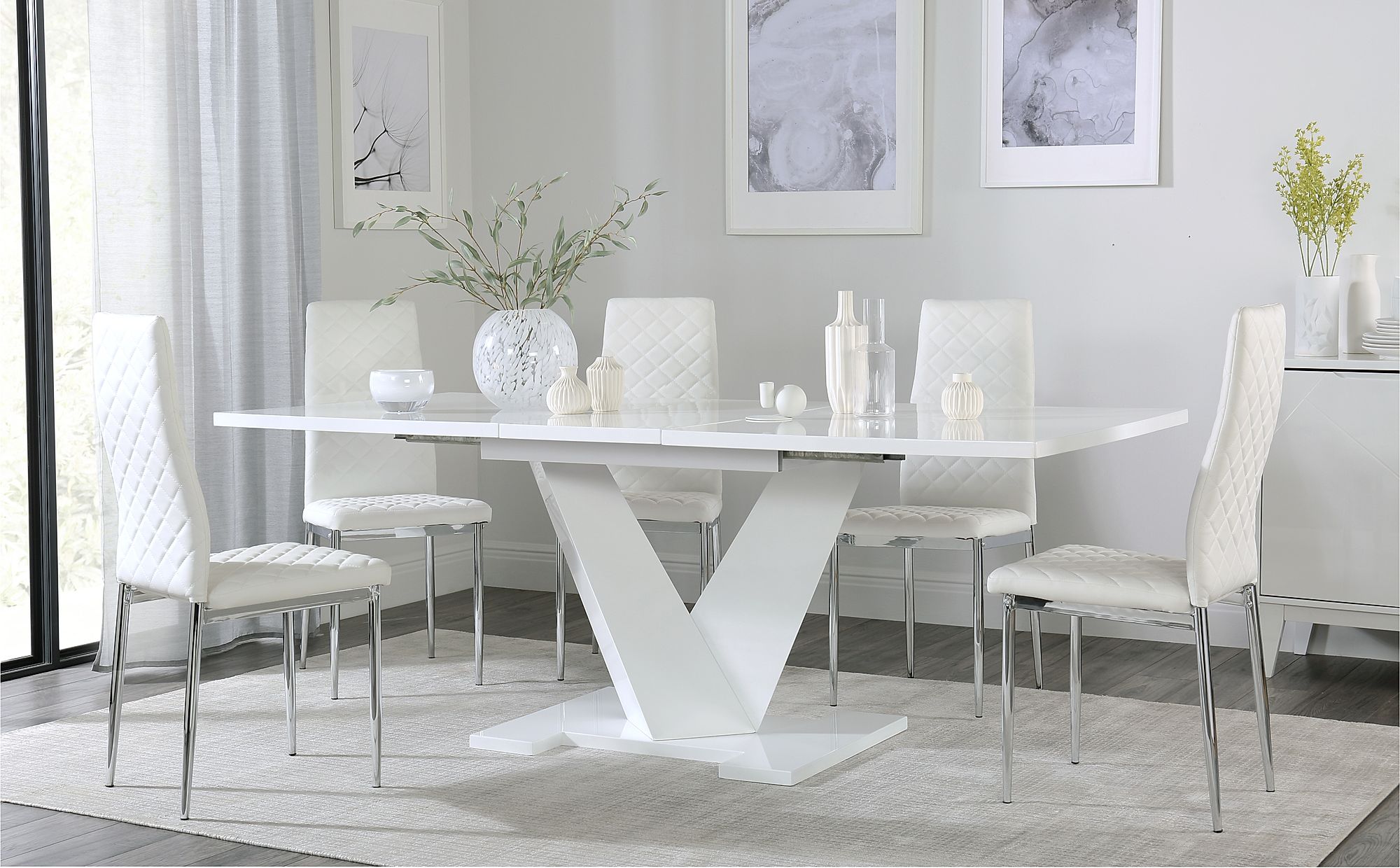When it comes to kitchen wall shelves, the thickness of the shelf is an important factor to consider. The standard thickness for kitchen wall shelves is usually around ¾ inch to 1 inch. This thickness is suitable for most kitchen needs and can hold the weight of common kitchen items without bending or warping. However, there are other thickness options available that may better suit your specific needs.1. Standard Kitchen Wall Shelf Thickness
The recommended thickness for kitchen wall shelves is usually 1 inch. This thickness offers a good balance between strength and weight, making it suitable for storing a variety of kitchen items. It is also a standard size, making it easy to find pre-made shelves in this thickness. If you are planning to install heavy or bulky items on your shelves, you may want to consider a thicker option.2. Recommended Thickness for Kitchen Wall Shelves
The ideal thickness for kitchen wall shelves will depend on your personal needs and preferences. Some people may prefer a thinner shelf for a more minimalistic look, while others may want a thicker shelf for added durability. Additionally, the type of material used for the shelf can also impact the ideal thickness. For example, wooden shelves may need to be thicker than metal shelves to provide the same level of strength.3. Ideal Thickness for Kitchen Wall Shelves
Aside from the standard ¾ inch to 1 inch thickness, there are other common thickness options available for kitchen wall shelves. These include ½ inch, 1 ¼ inch, and 2 inch thicknesses. The thinner options may be suitable for lightweight items or for decorative purposes, while the thicker options can provide more strength and support for heavier items.4. Common Thickness Options for Kitchen Wall Shelves
When deciding on the thickness for your kitchen wall shelves, it is important to consider the weight of the items you will be storing. If you have a lot of heavy items, such as large pots and pans, you may want to opt for a thicker shelf to ensure it can hold the weight. Additionally, if you are planning to install shelves in a high-traffic area or have young children in the house, a thicker shelf may be a safer option.5. Choosing the Right Thickness for Your Kitchen Wall Shelves
Aside from weight and safety concerns, there are other factors to consider when deciding on the thickness of your kitchen wall shelf. These include the type of material, the length of the shelf, and the distance between the supporting brackets. For longer shelves or shelves made of weaker materials, a thicker shelf may be necessary to prevent bending or sagging.6. Factors to Consider When Deciding on Kitchen Wall Shelf Thickness
The thickness of your kitchen wall shelves will ultimately depend on your specific needs and preferences. As mentioned, the standard thickness of ¾ inch to 1 inch is suitable for most kitchen needs. However, if you have specific storage requirements or want a certain aesthetic, you may need to adjust the thickness accordingly. It is always best to consult with a professional or do some research to determine the best thickness for your specific situation.7. How Thick Should Your Kitchen Wall Shelves Be?
Each thickness option for kitchen wall shelves has its own set of pros and cons. Thinner shelves are lightweight and can be more visually appealing, but may not be as strong and may require more support brackets. Thicker shelves are stronger and can hold more weight, but may be more expensive and may not fit in with a minimalist design aesthetic. Consider your needs and priorities when weighing the pros and cons of different thickness options.8. Pros and Cons of Different Thicknesses for Kitchen Wall Shelves
If you are unable to find a pre-made shelf in the thickness you desire, you can always customize the thickness to fit your needs. This may involve using different materials or adding additional support brackets to a thinner shelf. However, it is important to be cautious when altering shelf thickness, as it can impact the overall strength and stability of the shelf.9. Customizing Kitchen Wall Shelf Thickness for Your Needs
In addition to considering weight, material, and length when determining the thickness of your kitchen wall shelves, there are some best practices to keep in mind. These include evenly distributing weight on the shelf, avoiding overloading the shelf, and regularly checking for any signs of damage or wear. Properly maintaining your shelves and choosing the right thickness can ensure they last for years to come.10. Best Practices for Determining Kitchen Wall Shelf Thickness
The Importance of Choosing the Right Thickness for Your Kitchen Wall Shelf
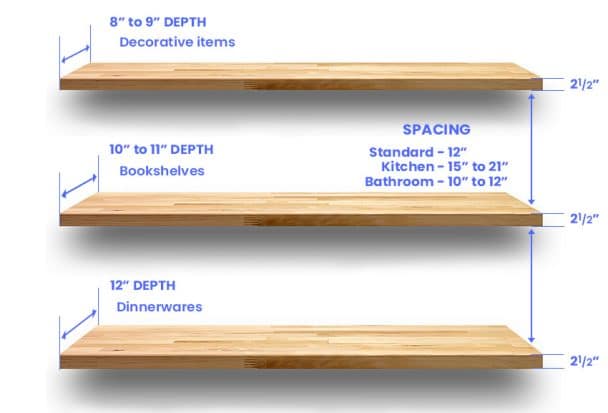
Why the Thickness of Your Kitchen Wall Shelf Matters
 When designing or renovating your kitchen, it's important to consider every detail, including the thickness of your kitchen wall shelf. While it may seem like a small detail, the thickness of your shelf can greatly impact the overall design and functionality of your kitchen.
Firstly
, a thicker shelf is more durable and can hold heavier items without sagging or warping. This is especially important in the kitchen, where you may have heavy pots and pans or small appliances stored on your shelves. Choosing a thicker shelf will ensure that your items are safe and secure, and won't cause any damage to your kitchen walls.
Secondly
, the thickness of your kitchen wall shelf also plays a role in its visual appeal. A thicker shelf can add depth and dimension to your kitchen, creating a more luxurious and high-end look. It can also make a statement and become a focal point in the room, especially if you choose a bold color or unique material for your shelf.
Additionally
, the thickness of your shelf can also impact its functionality. A thicker shelf provides more surface area, allowing you to store and display more items. This can be especially useful if you have a smaller kitchen and need to make the most of your storage space.
When designing or renovating your kitchen, it's important to consider every detail, including the thickness of your kitchen wall shelf. While it may seem like a small detail, the thickness of your shelf can greatly impact the overall design and functionality of your kitchen.
Firstly
, a thicker shelf is more durable and can hold heavier items without sagging or warping. This is especially important in the kitchen, where you may have heavy pots and pans or small appliances stored on your shelves. Choosing a thicker shelf will ensure that your items are safe and secure, and won't cause any damage to your kitchen walls.
Secondly
, the thickness of your kitchen wall shelf also plays a role in its visual appeal. A thicker shelf can add depth and dimension to your kitchen, creating a more luxurious and high-end look. It can also make a statement and become a focal point in the room, especially if you choose a bold color or unique material for your shelf.
Additionally
, the thickness of your shelf can also impact its functionality. A thicker shelf provides more surface area, allowing you to store and display more items. This can be especially useful if you have a smaller kitchen and need to make the most of your storage space.
Tips for Choosing the Right Thickness for Your Kitchen Wall Shelf
 When it comes to choosing the right thickness for your kitchen wall shelf, there are a few things to consider.
First
, think about the items you plan to store on the shelf. If you have heavier items, a thicker shelf would be the best option.
Second
, consider the style and design of your kitchen. A thicker shelf may work well in a more traditional or farmhouse-style kitchen, while a thinner shelf may be better suited for a modern or minimalist design.
Another tip
is to consider the material of your shelf. Different materials may require different thicknesses to ensure durability and functionality. For example, a wooden shelf may need to be thicker than a metal shelf to support heavier items.
In conclusion, the thickness of your kitchen wall shelf is an important factor to consider in your kitchen design. Not only does it affect the durability and functionality of your shelf, but it also plays a role in the overall aesthetic of your kitchen. Remember to consider the items you plan to store, the style of your kitchen, and the material of your shelf when choosing the right thickness. With the right thickness, your kitchen wall shelf will not only be a functional storage solution but also a beautiful addition to your kitchen.
When it comes to choosing the right thickness for your kitchen wall shelf, there are a few things to consider.
First
, think about the items you plan to store on the shelf. If you have heavier items, a thicker shelf would be the best option.
Second
, consider the style and design of your kitchen. A thicker shelf may work well in a more traditional or farmhouse-style kitchen, while a thinner shelf may be better suited for a modern or minimalist design.
Another tip
is to consider the material of your shelf. Different materials may require different thicknesses to ensure durability and functionality. For example, a wooden shelf may need to be thicker than a metal shelf to support heavier items.
In conclusion, the thickness of your kitchen wall shelf is an important factor to consider in your kitchen design. Not only does it affect the durability and functionality of your shelf, but it also plays a role in the overall aesthetic of your kitchen. Remember to consider the items you plan to store, the style of your kitchen, and the material of your shelf when choosing the right thickness. With the right thickness, your kitchen wall shelf will not only be a functional storage solution but also a beautiful addition to your kitchen.
